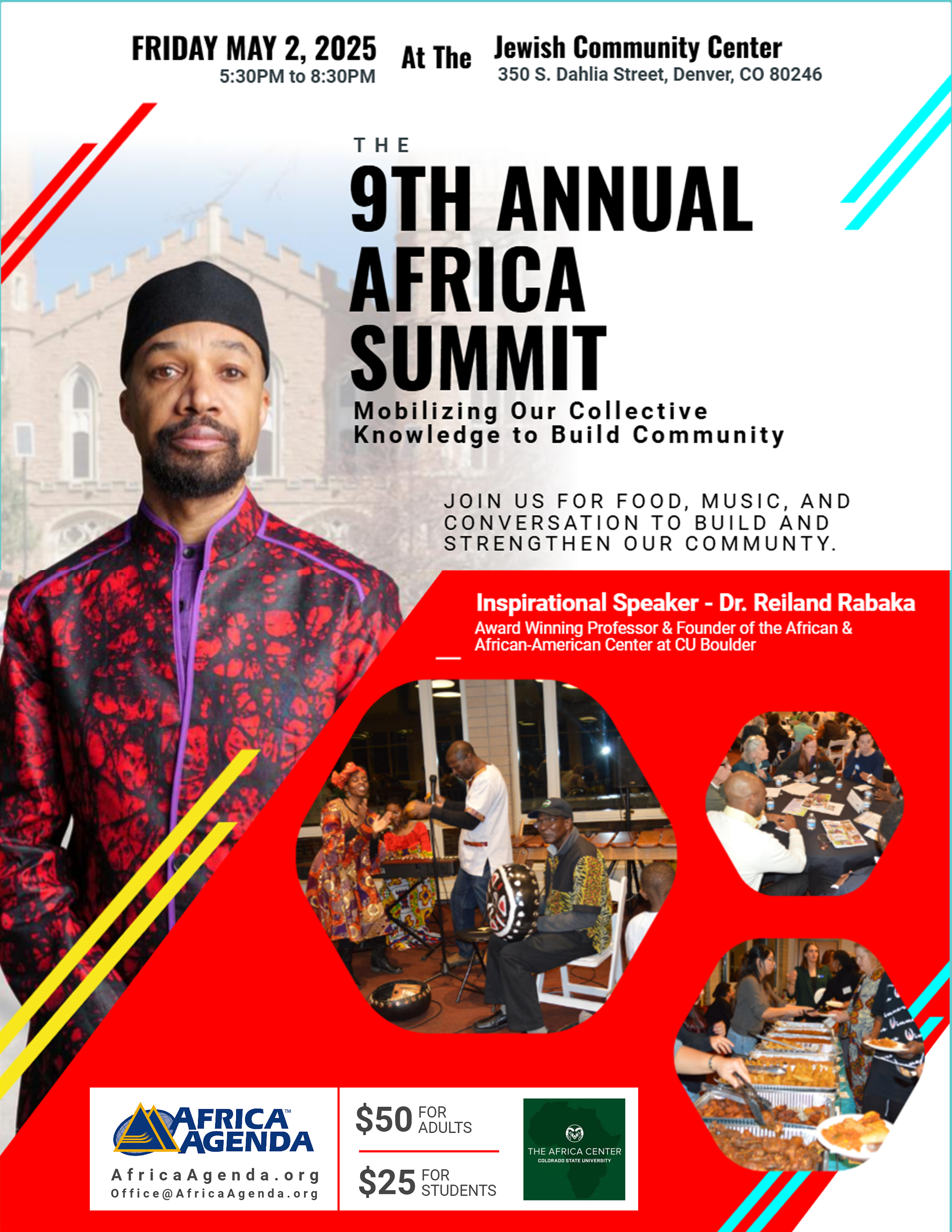The Problem with So-Called African News
Negative and inaccurate news coverage of Africa by Western media is a serious issue that needs to be addressed. While the press can build up, it also can tear down and disrupt our way of thinking. While it communicates powerfully, the press often times works to influence policy and shape debates, opinions, and actions on the part of communities, organizations, and governments.
Negative Media Coverage of Africa
When African news is reported on TV, it is presented in ten-second sound bites. When it is written about in-depth in newspapers and blogs, the backdrop is usually about war, slums, strife, or disease. Many African reports are false. Many times they lack balance, context, and perspective about current African reality. While this is so, the damages and consequences are immense.
Very often the continent, its citizens, communities, and governments are treated unfairly. Africans are subjected to a lot of stereotypes, mistrust, and bias, and become vulnerable to misunderstanding and discrimination. Psychologically and economically, news coverage of the continent demoralizes the African spirit. Negative media coverage of Africa is a disincentive toward travel and economic investment in the continent. It breeds an insidious fear about dealing with Africa, and what might happen when someone travels there. This cannot be ignored.
African Progress
But contrary to the news, the continent has progressed socially and economically. The continent has also experienced democratic change and social transformation through a combination of actions from many grassroots organizations, communities, and governments.
American communities—including Colorado–with strong ties to Africa, the American nation, and the rest of the world, have a right to this information.
Yet, there are responsibilities for the media to not only investigate what is wrong in society but also to report the truth. Neglecting the truth about current African reality and reporting only what affects the bottom line is counterproductive and dangerous. As a matter of fact, it threatens racial and social harmony. It is something that took decades and struggles, to build a just society.
However, how to present accurate and objective African information that fosters understanding effectively cannot be determined by money alone. A recommended solution is “a model that assures an ongoing tug of war between the need to cultivate the public interest and the duty to antagonize society’s most powerful pillars through careful scrutiny”, says Peter Osnos, founder and Editor-at-large for Foreign Affairs Books, in An Elegy for Journalism (Foreign Affairs: February 2010).
Non-Profit Journalism
As a U.S 501C (3) non-profit organization, Africa Agenda was founded with this question in mind: How do we ensure objective criteria for the dissemination of knowledge and information about Africa, locally and internationally, that is not only positive but balanced and representative of the events that are taking place in the twenty-first century.
To do this involves information warfare, and for Africa Agenda, the process requires unique strategies and multiple forces, for changing attitudes about the continent, and for influencing and engaging the global media and education establishment.


